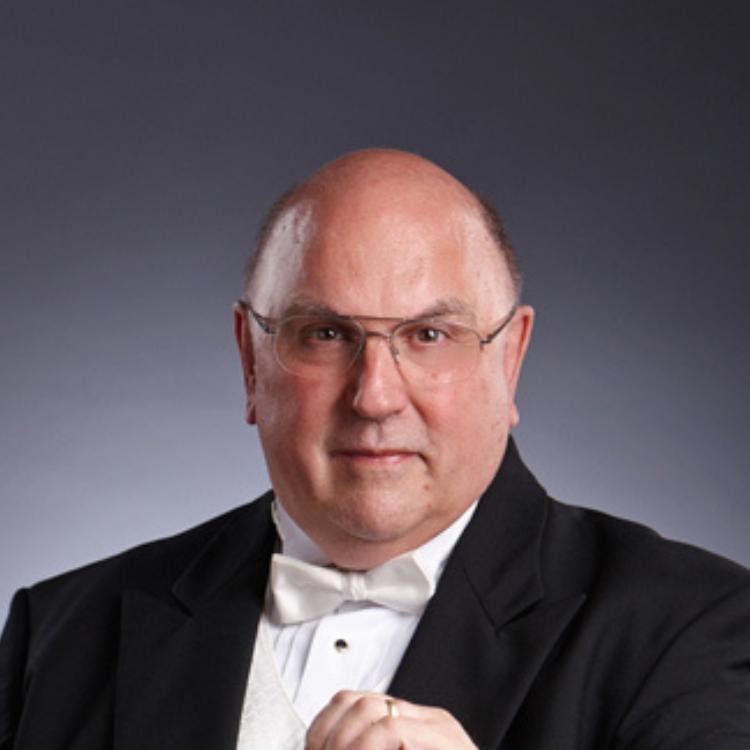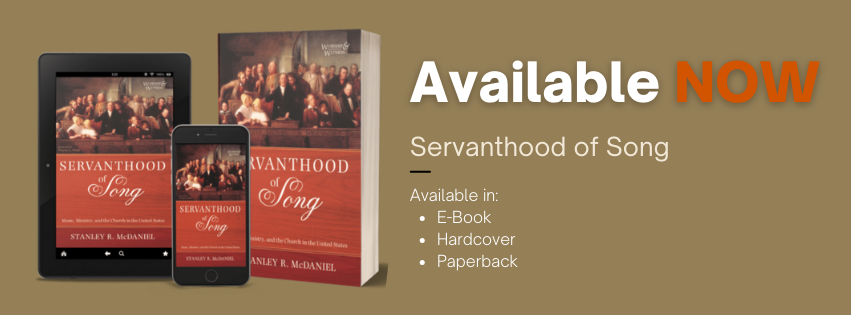Your cart is currently empty!
The Legacy of The Sacred Harp
The Sacred Harp is more than a hymnal—it’s a cultural phenomenon that has shaped American folk and sacred music for nearly two centuries. Created in the shape-note notation style, which simplifies the process of reading music, The Sacred Harp became accessible to both trained and untrained singers, fostering a community-centered approach to singing. The hymns within its pages emphasize strong, straightforward melodies and harmonies, designed to be sung by groups with an emotional and communal focus. Through The Sacred Harp, White helped cultivate a musical tradition that brought people together, allowing them to participate actively in worship through song.
White’s hymnal became the centerpiece of singing gatherings and conventions, where groups would come together to sing for hours, reinforcing their bonds and sharing their faith. Today, Sacred Harp singing remains a thriving practice, celebrated in local communities and annual conventions across the United States and internationally. The enduring appeal of The Sacred Harp speaks to White’s understanding of music as a means to bring people together in spiritual harmony, a vision that has lived on well beyond his time.
A Mentor and Teacher
White’s legacy extends further through his work as a teacher and mentor, most notably with Elisha James King, a talented musician whom he mentored and later collaborated with on The Sacred Harp. White’s commitment to mentorship ensured that shape-note singing, with its powerful blend of music and communal worship, would be passed down through generations. His partnership with King symbolized his broader dedication to preserving and evolving this musical tradition, as he actively sought to train new musicians who could carry forward the spirit and principles of Sacred Harp singing.
As a teacher, White was known for his deep understanding of the spiritual and cultural significance of shape-note singing. He inspired many with his commitment to making sacred music accessible, creating an environment where people of diverse backgrounds could engage with and contribute to the music. Through his influence, countless musicians and singers found a home within the Sacred Harp tradition, and his teachings became foundational to the genre’s resilience and longevity.
Benjamin Franklin White’s Lasting Influence
To understand White’s impact is to see how he shaped the course of American folk and sacred music. By creating a hymnal that brought communities together and fostering a tradition centered on active participation, he laid the groundwork for a musical heritage that still resonates today. The tradition of Sacred Harp singing, with its emphasis on shared experience and deep-rooted faith, continues to thrive largely because of White’s efforts.
White’s approach to music was a profound reflection of his belief in its unifying power. His work as a composer, editor, and teacher set a standard for how sacred music could be both accessible and deeply meaningful. His influence on American music history is both a testament to his passion and a reminder of the enduring power of music to connect, uplift, and inspire communities.
Discover More in “Servanthood of Song”
For a deeper exploration into the life of Benjamin Franklin White and other influential figures in sacred music, my book offers a look at their stories and the legacy they have left on American and religious music. These narratives reveal the transformative role of music in worship and the traditions that continue to inspire. Embark on this journey to understand the potency of music by getting your copy here and uncover the lives of those who have shaped the soundscape of faith and community.

AUTHOR
Stan McDaniel
©2023 Stanley R. McDaniel, All Rights Reserved.
Copying or re-publication is expressly prohibited without direct permission of the author.


Leave a Reply